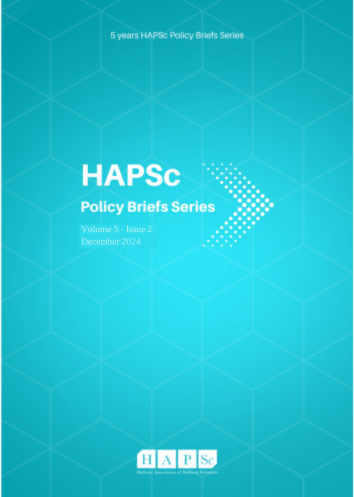Unconventional Strategic Management and Intelligence Operations: A Nexus of Adaptability and Information Dominance

Abstract
This paper examines the convergence of unconventional strategic management and intelligence operations as a critical paradigm shift for modern intelligence agencies. Utilizing a literature review methodology, the study explores the core components of unconventional strategic management—strategic agility, innovation, ecosystem thinking, scenario planning, and ambidexterity—and their potential application within the intelligence context. The research concludes that integrating unconventional management principles into intelligence operations is essential for navigating complex and dynamic security environments, fostering innovation, and achieving information dominance. This integration enhances organizational adaptability, resilience, and effectiveness, positioning intelligence agencies to better anticipate and respond to emerging threats.
Article Details
- How to Cite
-
Kanellopoulos, A.-N. (2024). Unconventional Strategic Management and Intelligence Operations: A Nexus of Adaptability and Information Dominance. HAPSc Policy Briefs Series, 5(2), 56–64. https://doi.org/10.12681/hapscpbs.40781
- Section
- Articles

This work is licensed under a Creative Commons Attribution 4.0 International License.
Authors retain copyright and grant the journal right of first publication with the work simultaneously licensed under a Creative Commons Attribution License that allows others to share the work with an acknowledgement of the work's authorship and initial publication in this journal.

